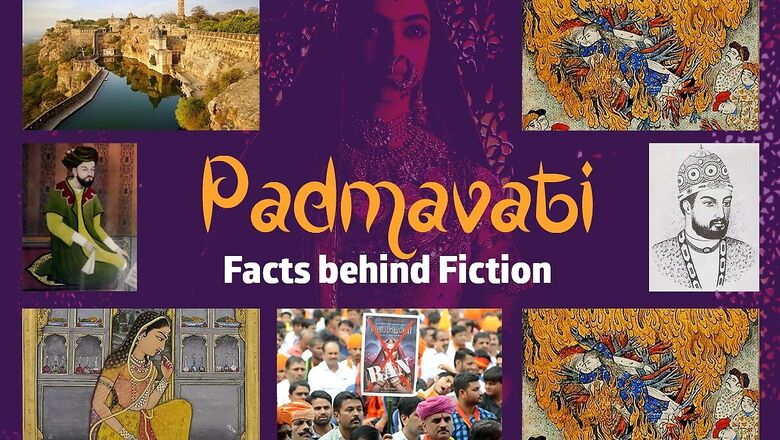
views
While people across the country stand divided on Sanjay Leela Bhansali’s magnum opus Padmavati, we delve into the misconstrued space between history and folklore.
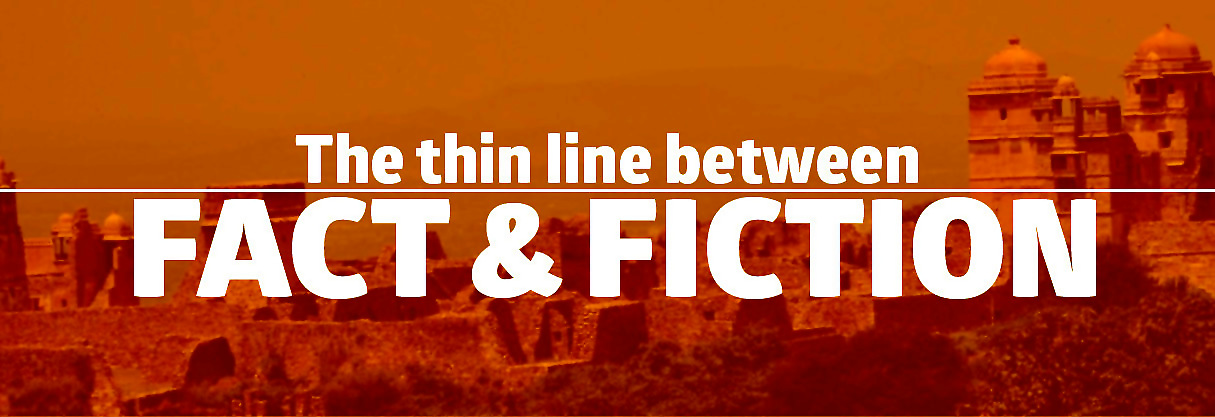
History tells us that the kingdom of Chittorgarh in Rajasthan has withstood three major invasions. In 1303, it was invaded for the first time by the Sultan of the Khalji dynasty, Alauddin Khalji.
More than two centuries later, circa 1535, Bahadur Shah, the Sultan of Gujarat, annexed it. The final invasion happened a few years later in 1567, when Mughal Emperor Akbar took over the fort.
While there are documented evidences of the annexations, nowhere, does history mention a certain queen Padmini of ethereal beauty or her supposed jauhar. Her existence, therefore, stands debatable.

While the origin is unknown, the word jauhar may have been taken from the Arabic-Persian jauhar, meaning “jewel” or “gem”. When facing defeat during war with (mostly) Muslim invaders, Hindu women committed this act of mass self-immolation, to avoid capture and rape by usurpers. Unlike sati — which widows were forced to perform — jauhar was entirely a woman’s prerogative.
In Rajasthani folklore, the act of jauhar has been lionised. It is believed that jauhar paved way for saka wherein men ritually marched to their deaths on the battlefields.
And while there have been documented evidences of jauhar, the one in Chittorgarh during Khalji’s siege in 1303, remains the most talked about.
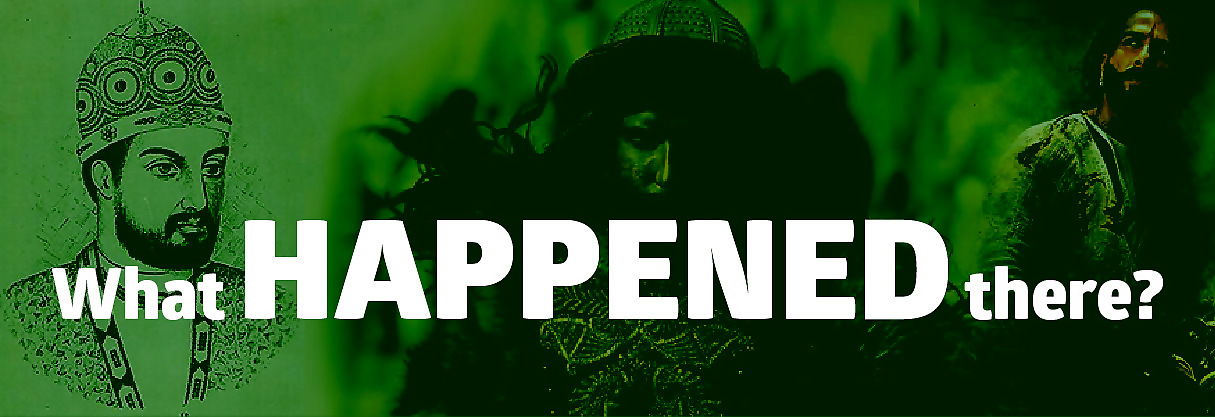
Textbooks tell us that in 1303, the Sultan Alauddin Khalji — in a mission to expand his dominion — invaded Rana Ratan Singh’s turf, overthrew him and took over his kingdom.
While the Rana is said to have died in the battle, Khalji died in 1316. According to historians, there is no proof of existence of a royal woman by the name of Padmini or Padmavati during this period.
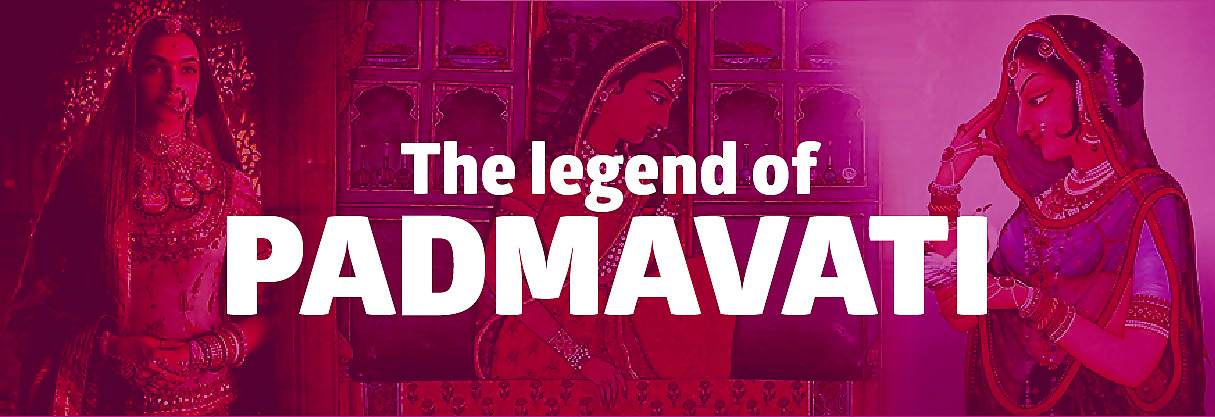
The first known mention was in Sufi poet Malik Muhammad Jayasi's self-confessed, elaborate work of fiction, Padmavat, in 1540 — roughly 224 years after Khalji’s death.
Padmavat, an epic poem written in Awadhi, is the only thread that binds us to a legendary queen, her admirable courage and beauty.
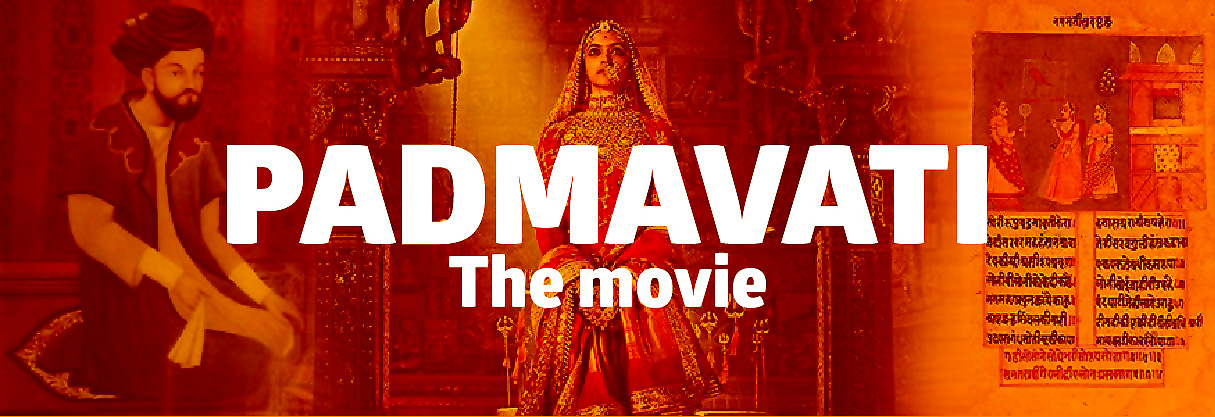
The makers of Padmavati have maintained the film is based purely on Jayasi’s epic poem, and — according to those who have watched it at a private screening — it does not have anything contentious that could hurt a certain community’s sensibilities.
Their appeals, of course, have been washed out amid the deafening protests and violent demonstrations. The movie’s release, as of now, has been delayed.
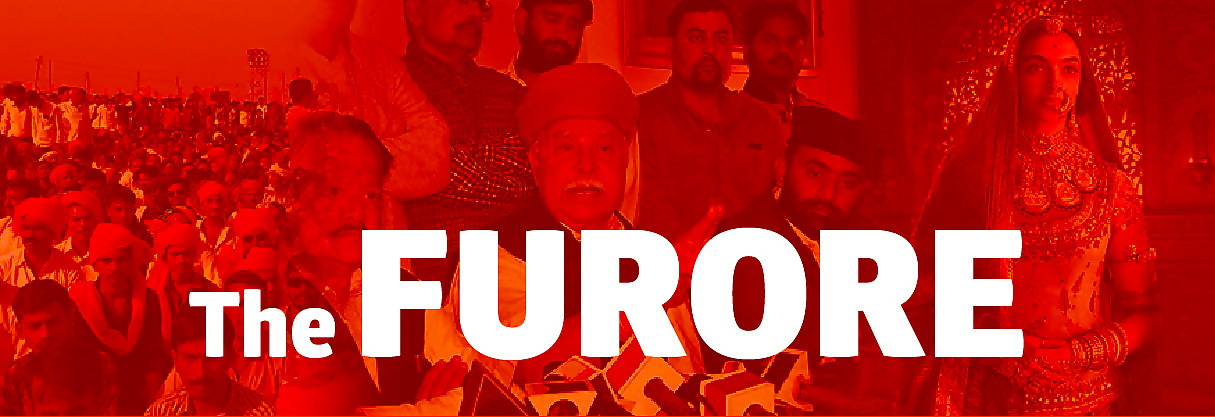
Rajput organisations have been holding massive protests against the film. They have based their cries for a nationwide ban on the following allegations: that the movie allegedly distorts “history”, shows the revered queen improperly dressed, depicts a dream sequence between Padmavati and Khalji, and mocks the sentiments of the Rajputana community.




















Comments
0 comment